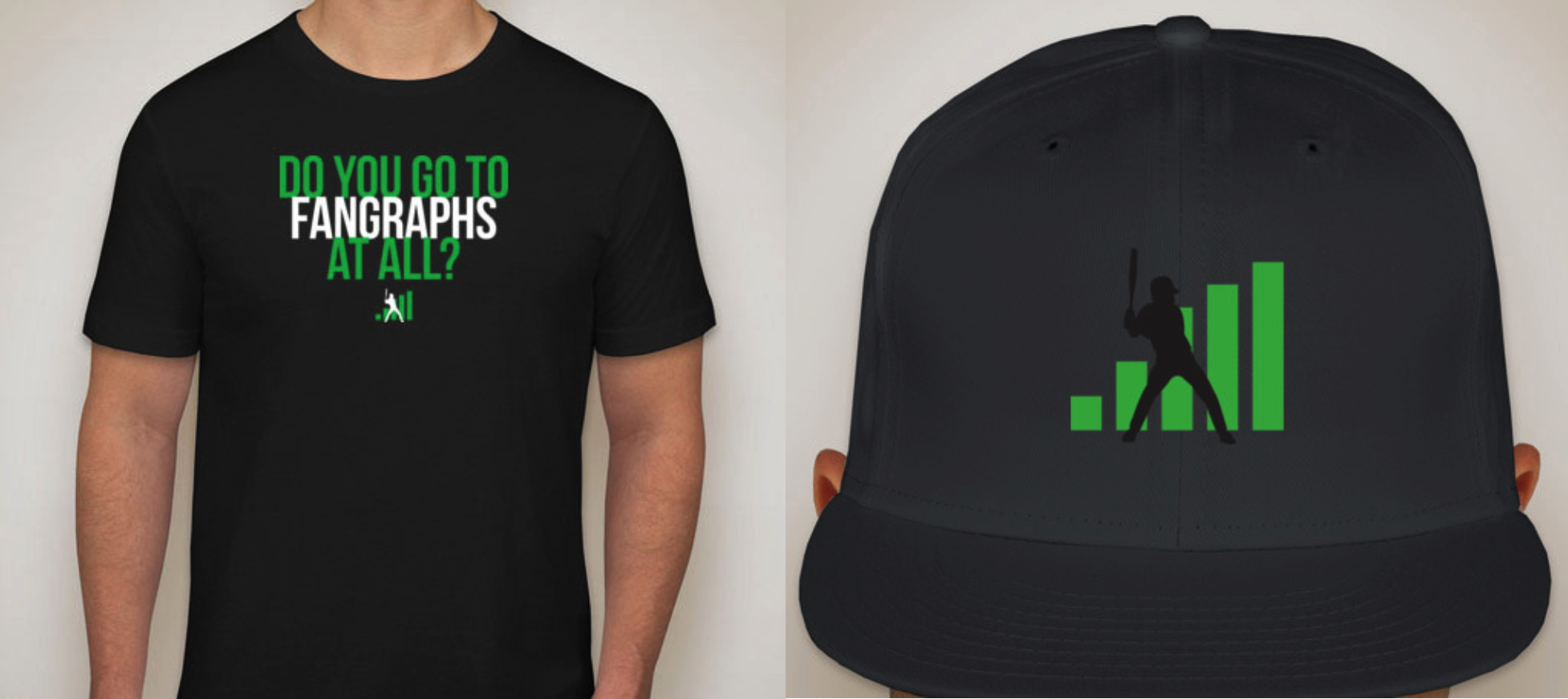In Downtown Brooklyn, a Curveball on Jackie Robinson Day
Today, April 15, is Jackie Robinson Day, though with MLB’s season postponed by the COVID-19 pandemic, the celebration has taken on a different form. So has my observation, albeit not quite by choice.
As a writer who grew up a third-generation Dodgers fan and who has lived in Brooklyn for the past 12 1/2 years, I’ve generally greeted the day as an opportunity not just to acknowledge Robinson’s bravery and the pivotal moment of integration but to further our understanding of the man and the context that surrounded his career. That effort now extends to my own 3 1/2-year-old daughter, Robin (her name is not a coincidence). She already owns a Robinson shirsey (her second one, actually) and both my wife — Emma Span, managing editor of The Athletic’s MLB vertical — and I have made efforts to tell her a version of his story that she can understand.
In late February, we visited Robin’s preschool and gave a presentation on the basics of baseball as part of a “Family Traditions” series during which we touched upon Robinson. As it turned out, learning about him dovetailed with the class’s recent learning about Dr. Martin Luther King, Rosa Parks, and other civil rights heroes, and as a result, a picture of Robinson was soon posted to the wall alongside them. Read the rest of this entry »


